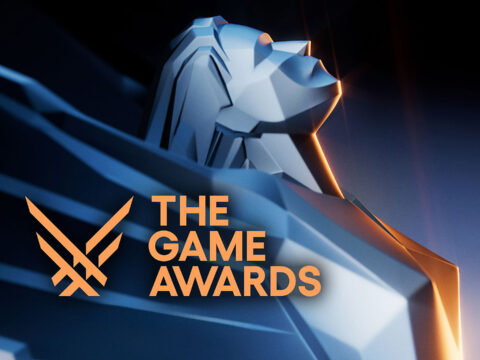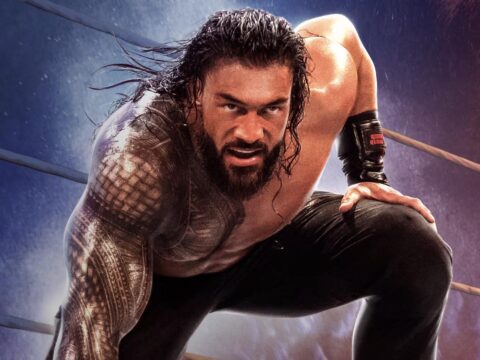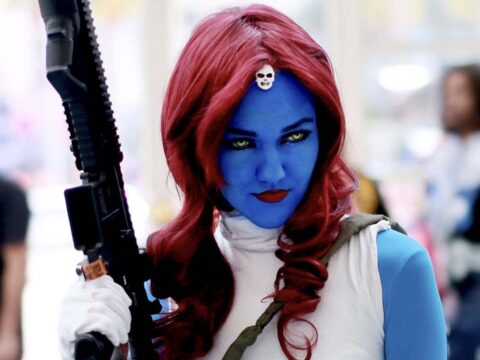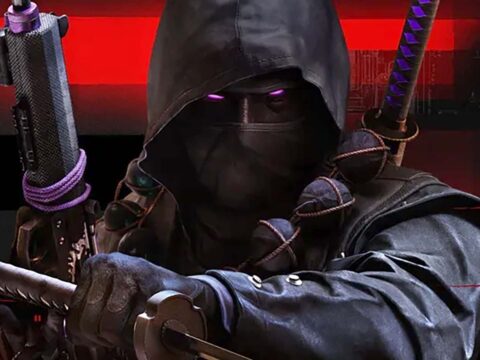The world of content creation in today's media marketplace can seem like a vast ocean. And while some may fell like they are drowning at times, fear not, we're about to throw you a huge life preserver to get you prepared.
Have you ever wanted to work in video game or film journalism, but the process seems intimidating or scary? Do you already work for a major gaming/entertainment site or blog, and now you find yourself at odds with the Editor or Editor-in-Chief? Don't worry, because we're here to help! Jason Messer is an Editor-in-Chief with over a decade of experience running major content sites (and someone who managed a writing team on a daily basis). Here he brings you five easy steps to succeed in your new journalism gig, no matter the field or genre. If you find this useful, be sure to click subscribe on Sci-Fi 3D's YouTube channel for more great tips, tricks and guides just like this.
...as someone who has pitched articles as a writer at one time, I know what it takes to get things approved. And I know what I'm looking for, now that I myself am the EIC.
A word about video game journalism and ethics (via Wikipedia): Publications reviewing a game often receive advertising revenue and entertainment from the game's publishers, which can lead to perceived conflicts of interest. Reviews by 'official' platform-specific magazines such as Nintendo Power, Official PlayStation Magazine or the Official Xbox Magazine typically have direct financial ties to their respective platform holders. In 2001, The 3DO Company's president sent an email to GamePro threatening to reduce their advertising spend following a negative review. In 2007, Jeff Gerstmann was fired from GameSpot after posting a review that was deemed too negative by its publisher, which also advertised heavily on the website.Due to non-disclosure agreements, Gerstmann was not able to talk about the topic publicly until 2012. In a 2012 article for Eurogamer, Robert Florence criticised the relationship between the video games press and publishers, characterising it as "almost indistinguishable from PR", and questioned the integrity of a games journalist, Lauren Wainwright. In the controversy that followed, dubbed "Doritogate" (after a video of Geoff Keighley emerged of him sitting in front of bottles of Mountain Dew, bags of Doritos and an ad banner for Halo 4), the threat of legal action—the result of broad libel laws in the UK—caused Eurogamer to self-censor. Florence was forced to amend his article, and he consequently retired from games journalism. According to a July 2014 survey by Mike Rose in Gamasutra, approximately a quarter of high-profile YouTube gaming channels receive pay from the game publishers or developers for their coverage, especially those in the form of Let's Play videos. Following the Gamergate controversy that started in August 2014, both Destructoid and The Escapist tightened their disclosure and conflict of interest policies. Kotaku editor-in-chief Stephen Totilo said writers were no longer allowed to donate to Patreon campaigns of developers. Kotaku later disclosed that journalist Patricia Hernandez, who had written for them, was friends with developers Anna Anthropy and Christine Love, as well as being Anthropy's former housemate. Polygon announced that they would disclose previous and future Patreon contributions.




















